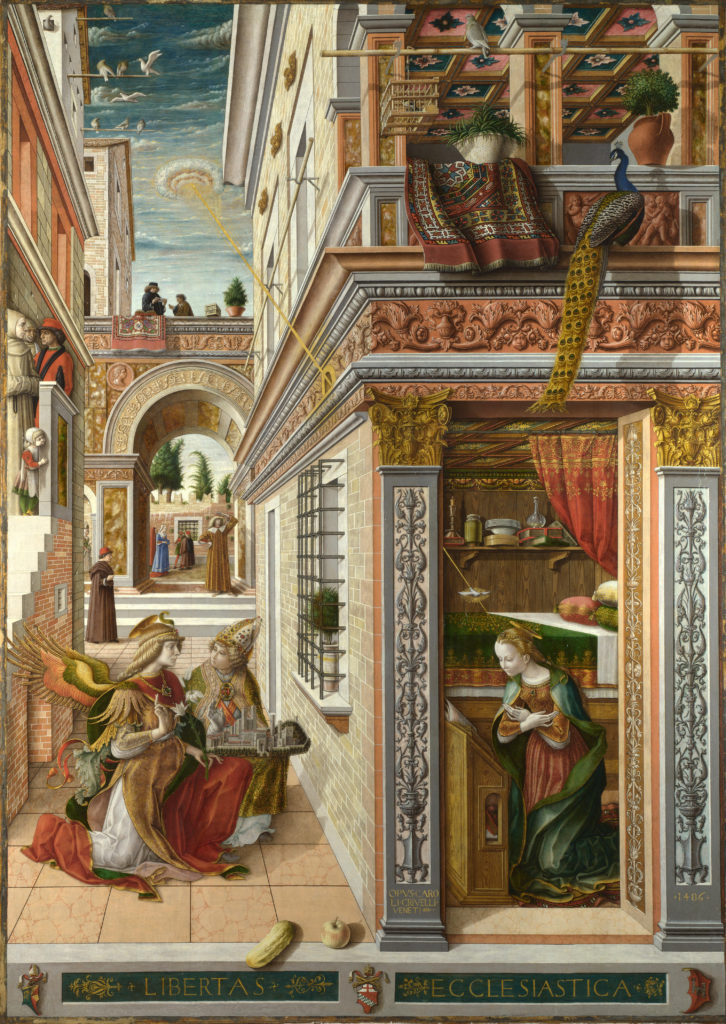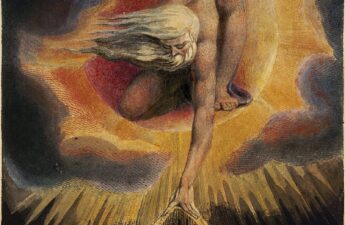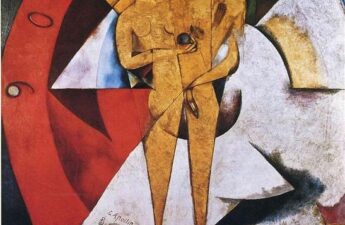“…it did not really matter what we expected from life, but rather what life expected from us.”
Viktor E. Frankl, 1946, pg. 85
We tend to have a sense of entitlement towards life.
As if life is an instrument and we the soloist. It exists only because we exist. Its happenings are delegated by us and our sole responsibility is to attain our desires and to fulfil our own succession. When life becomes difficult we deem it unfair, coming from an assumption that life is to be kind to us and progress how we plan. But life exists whether we continue to or not. It is separate and of greater consequence than us all.
So, perhaps it is the other way around.
Maybe life has no responsibility to us, but being fortunately selected, we have responsibility towards life. After all, it is true that life is the constant entity and we are merely participants. Maybe as participants, the fulfilment of our own individual desires is not our only responsibility. As Frankl thought, maybe life expects something from us; perhaps we have a duty to life at all junctures, including in hardship.
It seems sensible to conclude that if life does expect something from us, then that expectation would be something like, to aim at the greatest good.
The old moral philosophers called it the ‘finis ultimus’ (utmost aim) or ‘summum bonum’ (greatest good). The utmost to aim for in terms of our character, for those around us and our society. If we were to do that, it would certainly not mean continual fulfilment of our own desires and sole focus on our own elevation. It would mean sacrifice and conviction. It would mean a constant eye on our thoughts and actions, to facilitate our trajectory towards the utmost aim or the greatest good.
Frankl, V., (1946), Man’s Search For Meaning, Rider, Ebury Publishing, 2004




